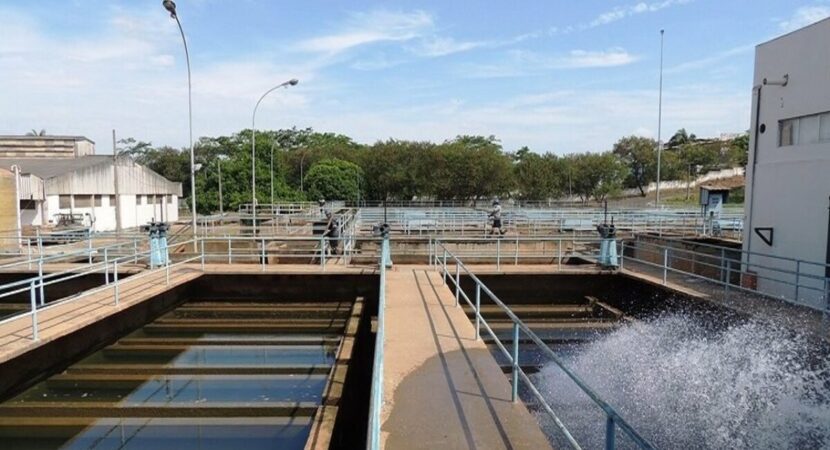
Aegea Saneamento's biogas energy production project is the company's new commitment to greater security in its own supply of the resource, in addition to taking advantage of the energy production potential from this method.
The company Aegea Saneamento intends to invest in the production of energy from biogas for internal supply with plans to carry out a project in the segment. Thus, until this Friday, (24/06), it is believed that the company will be able to take advantage of the high potential of energy production that the residues produced in its operations have and will guarantee much more energy security in its supply, in addition to contributing to a cleaner source for the environment.
Aegea Saneamento has been expanding its purchase of energy on the free market, but intends to invest in its own project to produce energy from biogas
The company Aegea Saneamento is one of the largest companies in the sanitation sector in the national territory and has a 49,5% share of the private basic sanitation market in Brazil, present in more than 49 cities.
In this way, the company's energy supply is one of the main concerns at the present time and the company intends to carry out a project for its own production of the resource from the reuse of residues from its operations, transforming them into biogas for production.
The company has been investing in recent years in the purchase of clean energy in the free trade market in the national territory, as a way to reduce the productive costs of this resource, but now it intends to change its perspective in the Brazilian energy scenario.
With this project, the company seeks to achieve more competitive conditions for the operations of Águas do Rio, which took over, in 2021, two concession blocks from the auction of the State Water and Sewage Company of Rio de Janeiro (Cedae).
Thus, Aegea's Energy Management and Energy Efficiency manager, Emerson Rocha, commented on the biogas energy project and on the company's presence in the Brazilian free trade market and highlighted: "Today our entire free market is negotiated in bilateral contracts, in PPAs, but we are structuring large self-production projects that should soon come out of the oven to also supply our cargo from Rio de Janeiro. Today, we have more competitive sources such as solar, but we have been studying this (biogas production) strongly, as a bias for possible energy use”.
Investment in own biogas production project will ensure cost reduction with resource and new prospects for the company's growth
The production potential of Aegea Saneamento in relation to biogas is highly significant, since the company can make use of the sludge, derived from sewage treatment, for the production of energy from the clean resource.
In addition, the waste can also be used as a basis for the production of the resource in distributed generation, in units with lower consumption, where the company is still linked to the captive market, as a way of guaranteeing more efficiency in production.
In addition, Aegea Saneamento is now seeking to reduce its costs with the resource with its own production of energy from biogas, since electricity costs currently represent between 28% and 30% of the company's operating cost, a value high for a company of this size.
Finally, the company pointed out that its energy consumption should exceed 120 MW on average over the next ten years, if Aegea's expansion continues at this pace.
For this reason, investing in a project to generate its own energy from the reuse of waste to transform it into biogas is currently the most viable and profitable alternative for Aegea Saneamento to achieve its internal supply in line with its current economic needs.

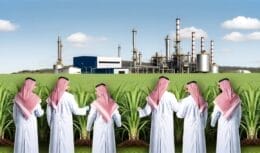
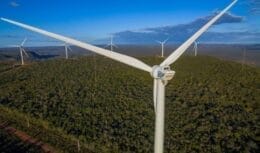
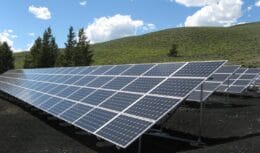







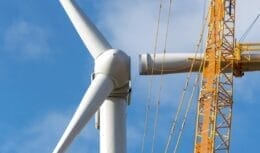
From 1976 to 1990, I had 17 opals,…
Very cool, it's the first time I've been…
I wanted an opportunity like that
3 seconds for an analfa c0muna to come...
Alienated, what did you miss…
I wrote: yddyot@ algorithm. K0mpwt@dor. No…
Stupid algorithm lol. com****dor Can't write...
And what would be the maximum age for…